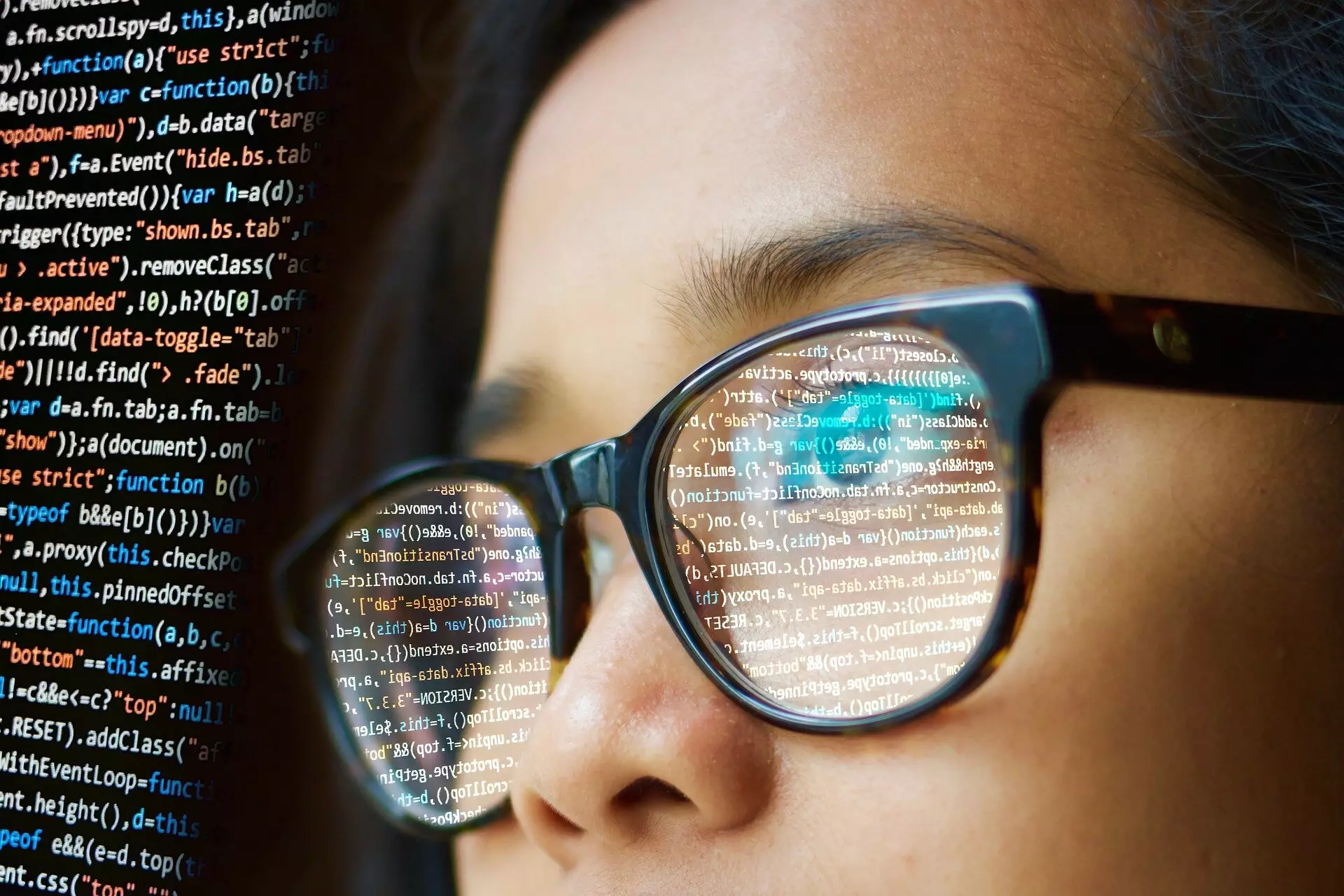In a recent study conducted by Washington University in St. Louis researchers, a surprising psychological phenomenon was uncovered at the intersection of human behavior and artificial intelligence. The study revealed that when participants were informed that they were training AI to play a bargaining game, they actively adjusted their behavior to appear more fair and just. This unexpected impulse among participants has significant implications for real-world AI developers, as it indicates that people are willing to alter their actions when they know it will impact AI training.
The study, published in Proceedings of the National Academy of Sciences, involved five experiments with approximately 200-300 participants each. Subjects were asked to engage in the “Ultimatum Game,” a challenge where they had to negotiate small cash payouts with either other human players or a computer. Interestingly, participants who believed they were training AI displayed a higher tendency to seek a fair share of the payout, even if it meant sacrificing some of their earnings. This behavioral change persisted even after they were informed that their decisions were no longer used for AI training, suggesting a lasting impact on decision-making.
Despite the encouraging result of participants exhibiting fairness in AI training, the underlying motivations for this behavior shift remain unclear. The researchers did not delve into specific motivations and strategies, leaving room for speculation. It is possible that participants were not driven by a strong desire to make AI more ethical but rather acted on their natural inclination to reject unfair offers. This underscores the complexity of human decision-making and its influence on AI training outcomes.
Chien-Ju Ho, an assistant professor of computer science and engineering, emphasized the crucial human element in AI training. He pointed out that many AI training processes rely heavily on human decisions, which introduces the risk of biases in the resulting AI models. Ho highlighted the importance of addressing human biases during AI training to mitigate issues such as inaccuracies in facial recognition software for people of color. The study underscores the need to consider the psychological aspects of computer science to ensure the ethical development and deployment of AI technologies.
The study by Washington University in St. Louis sheds light on the psychological impact of training AI for fairness. The findings reveal a complex interplay between human behavior and artificial intelligence, highlighting the need for developers to be mindful of how human decisions can shape AI outcomes. By understanding and addressing the cognitive factors involved in AI training, we can work towards creating more ethical and unbiased AI systems for the future.


Leave a Reply